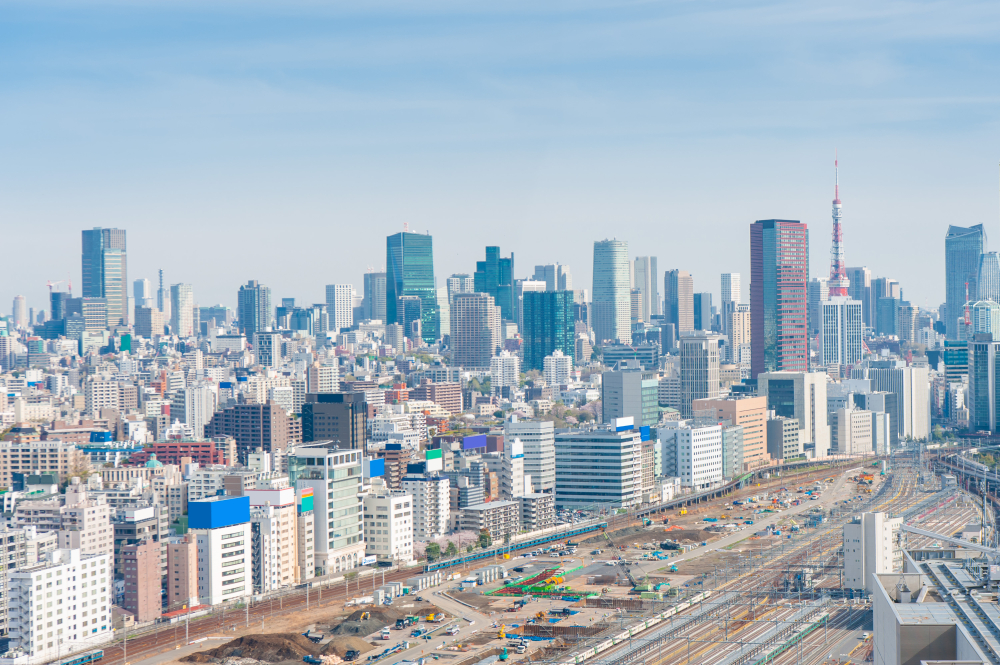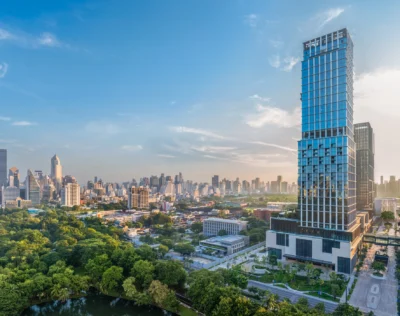Asian cities score big in innovation, fall short in talent
Real estate capital flocking to the region as its urban hubs move up JLL’s innovation rankings

Innovation ecosystems are maturing rapidly in Asia-Pacific cities, many of them with highly skilled workforces, according to JLL’s Innovation Geographies Study released today.
Tokyo, Singapore and Beijing, in that order, have been ranked among the top five most innovative cities globally, trailing only San Francisco and topping London. Seoul rounds out the top 10, followed by Shanghai at 11th, Shenzhen (14th) and Sydney (16th).
These cities made up around 50 percent of overall annual real estate investment volumes over the past decade in Asia-Pacific.
“Innovation plays a key role in driving cities’ economic growth by attracting investors and companies,” commented Dr Megan Walters, head of Asia Pacific research for JLL.
More: Smart city spending in Asia-Pacific to hit $35bn this year
“Asian cities have made rapid progress toward developing sophisticated future-looking business ecosystems,” she added.
However, only Sydney, Melbourne and Tokyo represent the region in JLL’s ranking of the top 20 global hotspots for talent, the Innovation Geographies Study showed. Asia-Pacific lags behind Europe and the US overall for talent concentration.
“Investors tend to focus on locations that are capable of sustaining long-term occupier demand, while corporates are drawn to those that have deep talent pools and sophisticated innovation ecosystems to ensure they are well-placed to succeed in the global marketplace,” Walters said in a statement.
Asian cities could improve their talent concentration rankings by boosting the presence of high-quality universities, JLL noted. This is an area of improvement for Shenzhen, which has otherwise become one of the world’s leading tech hubs with the second highest number of patents of any city globally after Tokyo.
On the flipside, Bengaluru and Hyderabad boast young, well-educated workforces, but they should overcome social, environmental and infrastructure challenges to strengthen their innovation rankings, the report stated.
Recommended
Meet the expert helping overseas investors crack Australia’s property market
Ivan Lam of property advisors Charter Keck Cramer helps clients navigate Australia’s complex real estate dynamics
6 spots to check out in Singapore’s Bukit list neighbourhood
The sought-after Singapore neighbourhood offers lifestyle amenities, green space, and new residential projects
Thailand’s real estate sector watches closely as the Shinawatras return to power
Time will tell if the return to power in Thailand of the Shinawatras will lift the country’s ailing real estate sector
China’s homebuying surge: Can new stimulus measures keep the market rally alive?
Stimulus measures have sparked a surge in homebuying activity around China, but many are sceptical the shift will endure








